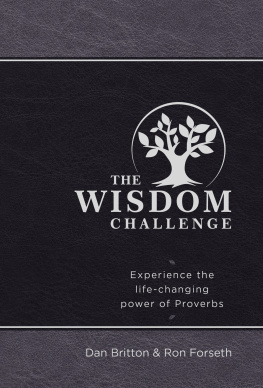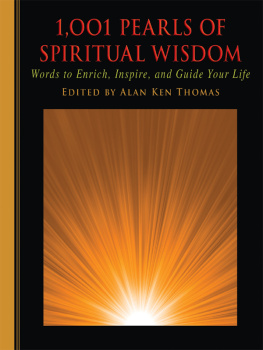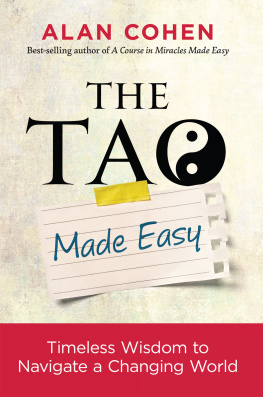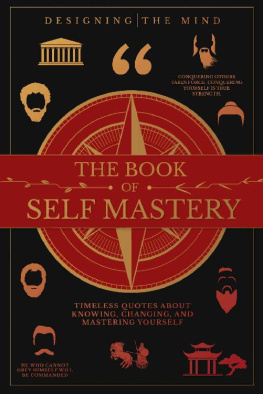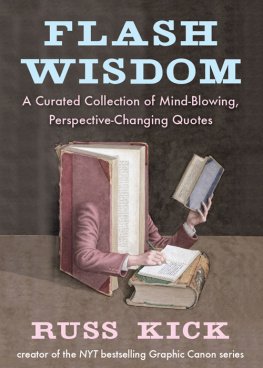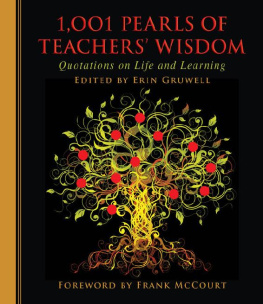Copyright 2012 by Elizabeth Venstra All Rights Reserved. No part of this book may be reproduced in any manner without the express written consent of the publisher, except in the case of brief excerpts in critical reviews or articles. All inquiries should be addressed to Skyhorse Publishing, 307 West 36th Street, 11th Floor, New York, NY 10018. Skyhorse Publishing books may be purchased in bulk at special discounts for sales promotion, corporate gifts, fund raising, or educational purposes. Special editions can also be created to specifications. For details, contact the Special Sales Department, Skyhorse Publishing, 307 West 36th Street, 11th Floor, New York, NY 10018 or .
Skyhorse and Skyhorse Publishing are registered trademarks of Skyhorse Publishing, Inc., a Delaware corporation. Visit our website at www.skyhorsepublishing.com 10 9 8 7 6 5 4 3 2 1 Library of Congress Cataloging-in-Publication Data is available on file. Cover design by Jane Sheppard ISBN: 978-1-51070-642-2 Ebook ISBN: 978-1-51071-089-4 Printed in the United States of America Table of Contents INTRODUCTION Of course you know at the outset that the title of this book exaggerates. It implies that each of the 1,001 quotes in this book will, of themselves, change the life of the individual reader, whoever you are. Such a collection is an obvious impossibility. Even if I knew what you in particular needed to hear to change your life, and even supposing I were lucky enough to find a thousand quotes that all conveyed personalized messages to you with life-changing urgency, still some of those quotes would leave your next-door neighbor absolutely unmoved.
As Emerson said: Take the book, my friend, and read your eyes out, you will never find there what I find. So while I cannot possibly compile a thousand quotes that will really change your life, my hope is simply that somewhere in this book, you may find at least a few quotes that speak to you where you are right now. And perhaps you will want to speak back to some of them. I hope that you wont agree with all of the quotes in this book; I dont. To do so would be contradictory, since some of the ideas here conflict with others; in fact, Ive deliberately juxtaposed some of these quotes to highlight the contrasts between them. But just because two quotes contradict each other, does that necessarily mean that you cant agree with both of them? As Thomas Mann put it, A great truth is a truth whose opposite is also a great truth.
And please dont assume that the authors I play off against each other would necessarily disagree with each other if we could bring them together to talk the matter over (although some almost certainly would). Often they are simply talking about different faces of the same stone. At other times they are talking about different things altogether, even when they use the same words. Words are slippery things, and all readers are hereby advised to be on their guard. The quotations in this book come from all sorts of people. Many of them are famous; others were well-known once, but may be forgotten by most people now; a few are just ordinary folks.
The quotations were chosen primarily for the thoughts they expressed rather than the person who expressed them. Unfortunately, many of these quotations dont do justice to the authors thought. All quotation distorts to some extent simply by the act of taking some words and leaving others, and with tight limitations on space, it is inevitable that you are not getting the full meaning of most, if not all, of these ideas. It is to be hoped that you get the ideas in a more concentrated and therefore more useful form, and that the additional layers of meaning created by bringing the ideas together compensate in some measure for what is lost from the original sources. Yet if I could hope for just one effect that this book would have on you, perhaps it would be that you might seek out some of these authors and read more of their work. Its a curious thing how often certain ideas have been expressed.
As Terence said over two thousand years ago, Nothing is said that has not been said beforeand Goethe, among others, proved him right by saying it again in his own way some eighteen centuries later. But Goethe adds a useful suggestion for benefiting from this phenomenon; he says, All truly wise thoughts have been thought already, thousands of times, but to make them truly ours, we must think them over again honestly, till they take firm root in our personal experience. That is what I hope you will do with these quotes. And will they change your life? Do words ever really change our lives? Thats an old debate, one on which a whole separate book of quotations could be compiled. I believe that they do in a sense. Words that actually changed things themselves would be magic spells; in the world of natural cause and effect, words, like so many other things, work indirectly.
These words of wisdom can change your mind, your heart, and your choices if you let thembut many forces can interfere, including your own habitual thoughts and actions. So it is truer to say that the quotations in this book, with luck, can serve as a catalyst, but as for changing your life: reader, I leave that up to you. LIFE IN THE UNIVERSE Since man cannot help seeking the infinite, he now seeks the meaning of his life in an infinity of things. Emil Brunner, The Divine Imperative What are we doing here in the universe, and whats it all about? What is life, and does it have a meaning? The quotes in this chapter are intended primarily to evoke thought or feelings that may in turn affect your life. They come from sages and scientists, poets and priests, and an assortment of other people who have something to say about the nature and meaning of human existence. Some of these quotes come from sacred texts, others from atheists.
My hope is that many of them will carry their meanings across the lines of religious affiliationand if not, there are plenty of other quotes for you to mull over. I make no promise that this chapter will answer all of the questions mentioned above, but often its enough just to raise the questions. Most of us spend most of our lives thinking about our immediate needsa necessary perspective, but a limiting one. To step back and ponder the bigger picture once in a while is to awaken a faculty that is quintessentially human, and to open ourselves to being a little bit more than we were before. The usual approach of science of constructing a mathematical model cannot answer the questions of why there should be a universe for the model to describe. Why does the universe go to all the bother of existing? Stephen Hawking, A Brief History of Time: From the Big Bang to Black Holes Neither is there a smallest part of what is small, but there is always a smaller (for it is impossible that what is should cease to be).
Likewise there is always something larger than what is large. Anaxagoras, pre-Socratic Greek philosopher Our life is an apprenticeship to the truth, that around every circle another can be drawn; that there is no end in nature, but every end is a beginning; that there is always another dawn risen on mid-noon, and under every deep a lower deep opens. Ralph Waldo Emerson, Essays There is no bliss in anything finite. Infinity only is bliss. The Infinite rests in its own greatness. C. S. S.
Lewis, Perelandra We are a way for the cosmos to know itself. Carl Sagan on Cosmos, quoted in Rolling Stone We are not human beings having a spiritual experience; we are spiritual beings having a human experience. Pierre Teilhard de Chardin, French philosopher It takes three things to attain a sense of significant being: God A Soul And a Moment. And the three are always here. Just to be is a blessing. Just to live is holy.



